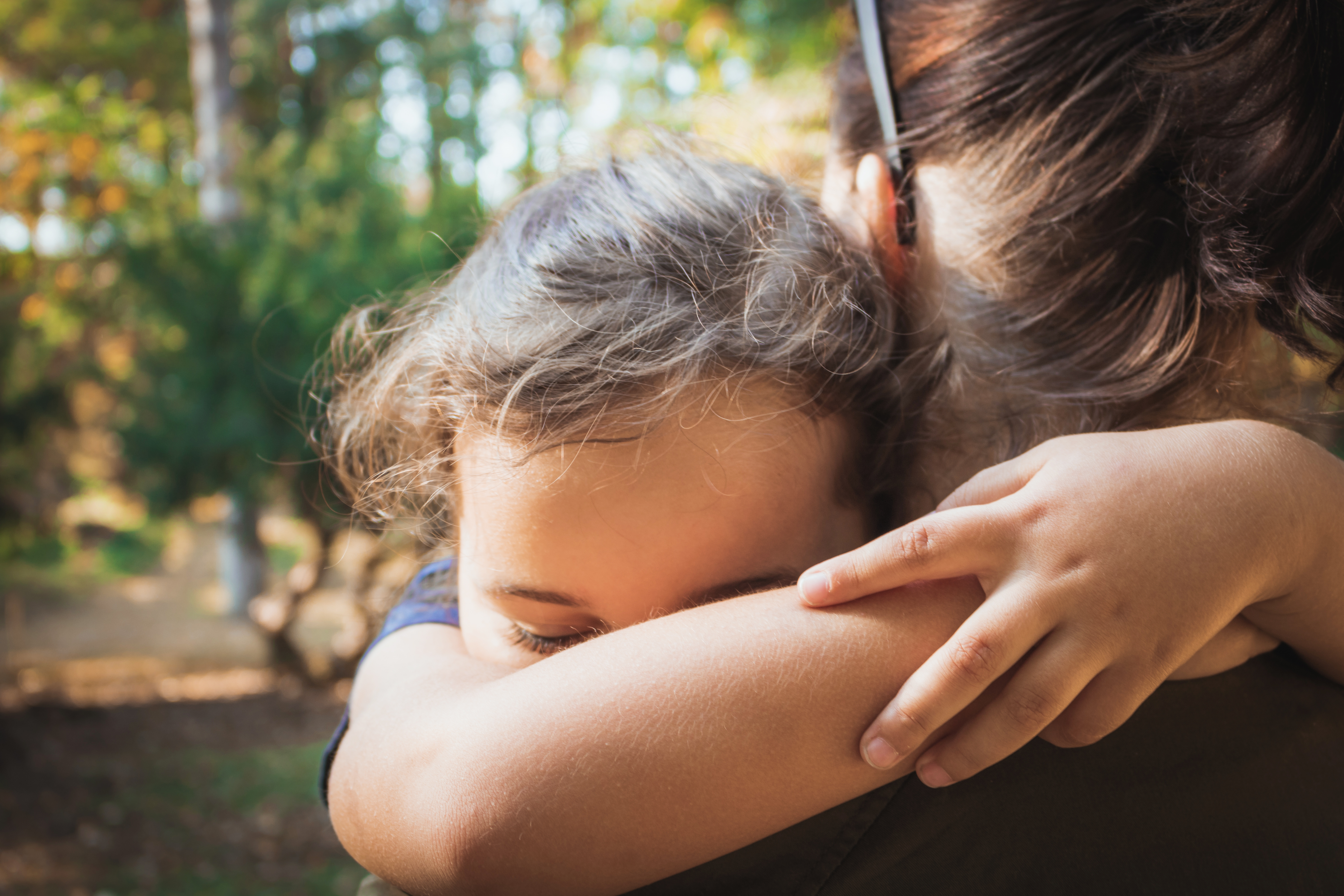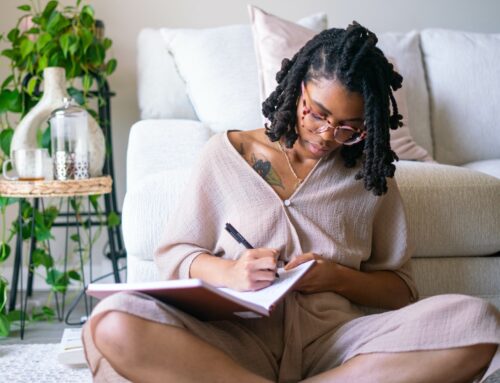Supporting Survivors: Understanding Legal Challenges in DC
What Advocates Should Know
For survivors of domestic violence, navigating the legal system can often feel overwhelming, confusing, and retraumatizing. As community advocates (and those working with survivors in other capacities), your support can significantly impact a survivor’s experience and sense of empowerment. While we may not directly influence legal outcomes, we play a crucial role in equipping survivors with knowledge, setting realistic expectations, and ensuring they have the emotional and logistical support to navigate these systems.
In this guide, we’ll explore essential aspects of the legal process in DC, outline trauma-informed practices, and provide key resources to support survivors effectively.
Key Legal Processes Survivors May Face
Survivors might encounter several types of legal processes, each presenting unique challenges:
Civil Protection Orders (CPOs): These court-issued orders provide temporary or long-term protection for survivors from their abusers. Advocates can support survivors by preparing them for court hearings and accompanying them to proceedings, increasing their confidence and readiness.
Criminal Cases: Prosecution of abusers depends heavily on available evidence, survivor cooperation, and judicial discretion. Survivors may face long processes and questioning in court, highlighting the need for emotional support and preparation.
Family Law Cases: Matters such as child custody, child protection, and divorce can become adversarial. Advocates play a crucial role in providing emotional support and referring survivors to trauma-informed legal services.
Immigration Relief: Survivors may qualify for immigration protections like U-Visas (for crime victims assisting law enforcement), T-Visas (for trafficking victims), or VAWA petitions (for survivors of domestic abuse married to U.S. citizens or residents). These processes are lengthy, and survivors often need both legal advice and ongoing emotional support.
Confidentiality: Important Considerations for Advocates
It’s critical to recognize the limits of confidentiality in your role as an advocate. Unlike attorneys, advocates do not have legally protected confidentiality. This means conversations between survivors and advocates could potentially be disclosed in court. Only lawyers can provide legally privileged confidentiality, fully protecting survivors’ stories and legal strategies. This distinction is crucial, as it can also impact a survivor’s safety and have unintended legal consequences.
Clearly communicating this distinction helps survivors make informed decisions about what information they share and with whom.
Practical Tips for Trauma-Informed Advocacy
Here are several strategies to provide trauma-informed support to survivors engaging with the legal system:
Anticipate Re-Traumatization Risks: Courtroom environments can trigger survivors by replicating dynamics of abuse. Help survivors prepare emotionally by discussing what they can expect in court and exploring coping mechanisms.
• Practice Grounding Techniques: Encourage survivors to use personalized grounding methods, such as deep breathing, sensory tools, or visualization, during proceedings.
• Create Predictability: Clearly describe courtroom procedures, the roles of various people involved, the likelihood of seeing their abuser, and the physical setting to minimize anxiety and confusion.
• Encourage a Support Network: Assist survivors in identifying trusted friends, family, or community members who can accompany them to court or provide emotional support.
Coordinate with Legal Advocates: Develop strong referral partnerships with legal organizations to ensure survivors receive comprehensive support (see the list below for resources).
Set Realistic Expectations: Clearly explain potential outcomes and procedural delays to avoid survivor frustration or disillusionment with the legal process.
Support Survivor Autonomy: Always respect survivors’ choices. Some survivors may choose not to engage further with the legal system, often due to personal safety concerns, emotional well-being, or mistrust of the system.
Essential Legal Resources in DC
Below is a list of valuable organizations providing legal assistance to survivors:
• Address Confidentiality Program: ovsjg.dc.gov/acp – Provides survivors with a legal substitute address to protect their location.
• Ayuda: www.ayuda.com – Legal, social, and language access support for immigrant survivors of domestic violence, sexual assault, and human trafficking.
• Amara Legal Center: www.amaralegal.org – Legal representation for survivors of trafficking and sex work.
• Bread for the City: www.breadforthecity.org – Free legal assistance in housing, public benefits, and family law.
• CARECEN: www.carecendc.org – Immigration legal services for Latinx and immigrant communities.
• DC Volunteer Lawyers Project (DCVLP): www.dcvlp.org – Pro bono legal assistance for domestic violence, sexual assault, and child custody cases.
• DC Bar Pro Bono Center: www.dcbar.org/pro-bono – Free legal clinics and representation for low-income residents.
• Immigration Advocates Network: www.immigrationadvocates.org – National directory of pro bono immigration legal service providers.
• Legal Aid Society of DC: www.legalaiddc.org – Broad range of civil legal services for low-income individuals.
• Miriam’s Kitchen: www.miriamskitchen.org – Advocacy and legal support for individuals experiencing homelessness.
• Neighborhood Legal Services Program (NLSP): www.nlsp.org – Free legal aid in housing, family law, and public benefits.
• Network for Victim Recovery DC (NVRDC): www.nvrdc.org – Advocacy for survivors, including assistance with Civil Protection Orders (CPOs) and criminal cases.
• SOME: www.some.org – Legal aid services alongside housing and healthcare support.
• Tahirih Justice Center: www.tahirih.org – Immigration-related legal support for gender-based violence survivors.
• Tzedek DC: www.tzedekdc.org – Financial justice and legal aid for low-income DC residents.
• Victim Legal Network of DC (VLNDC): victimlegalnetworkdc.org – Connects survivors with pro bono legal services.





